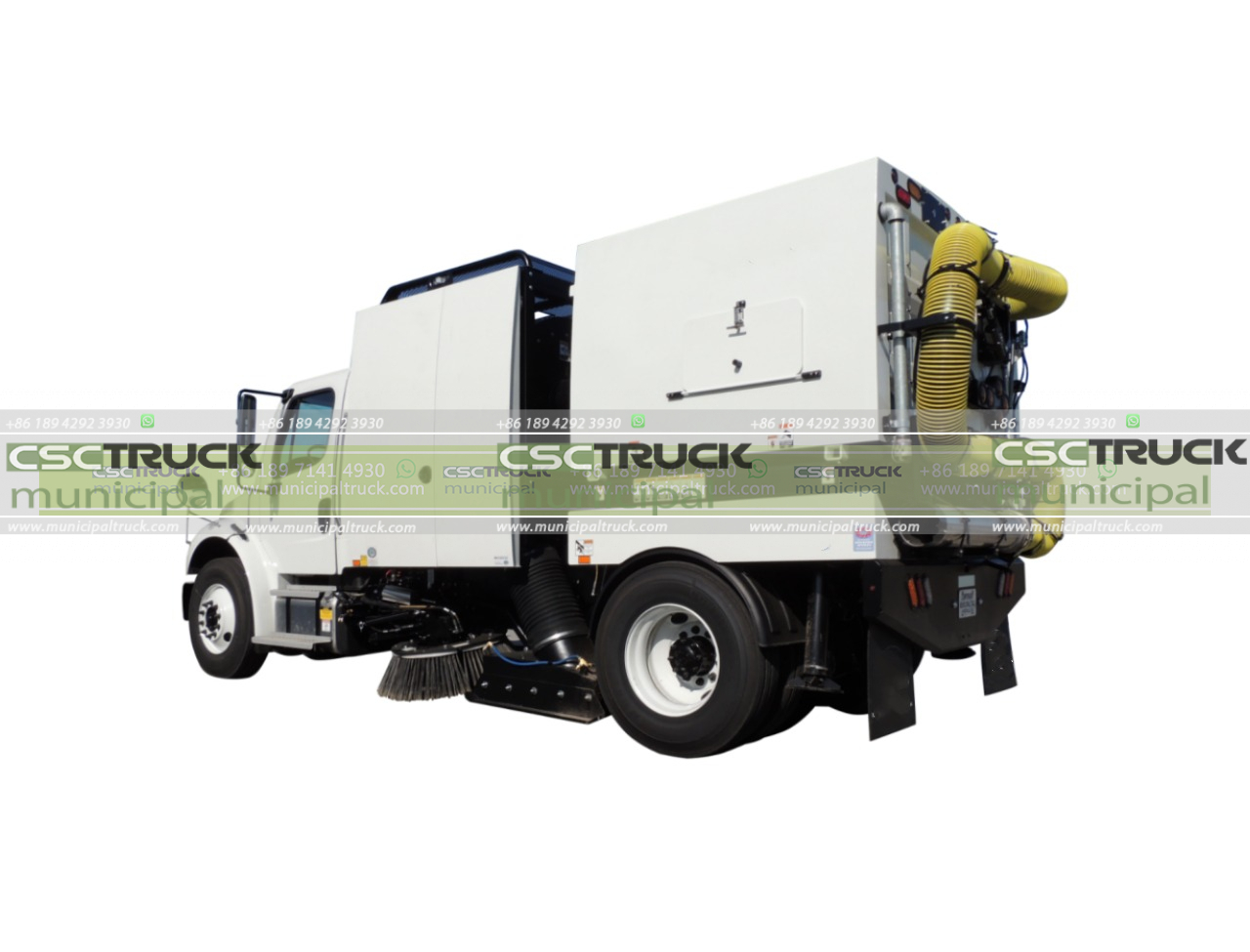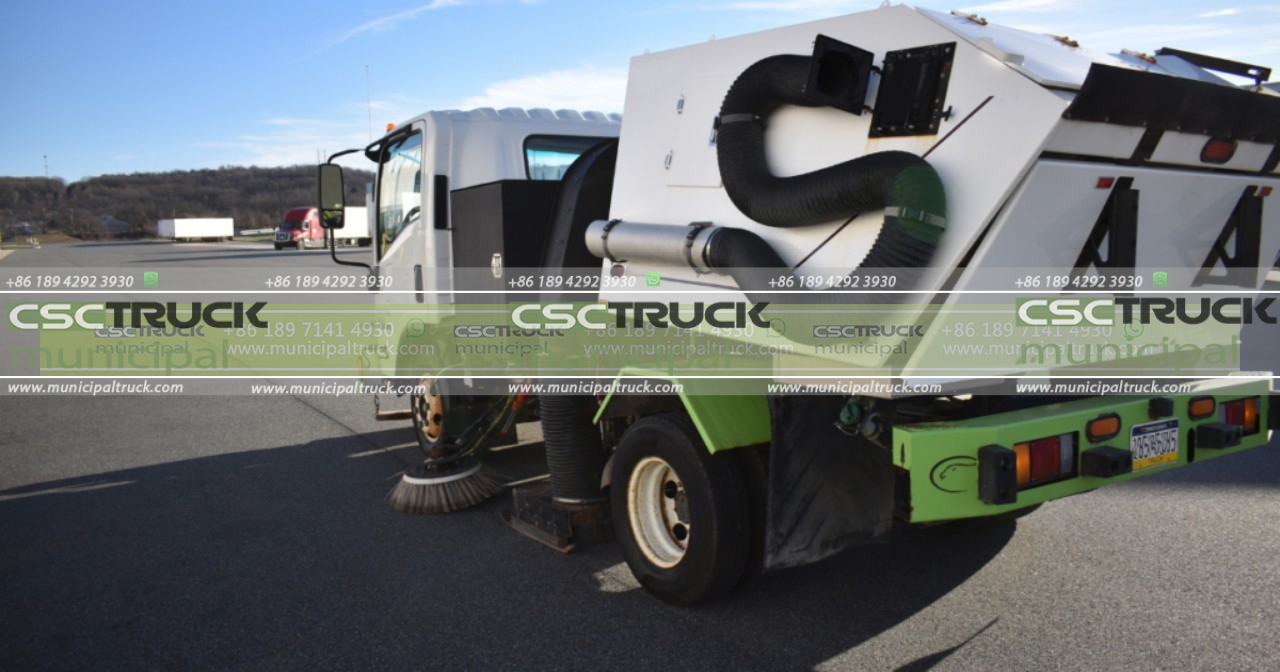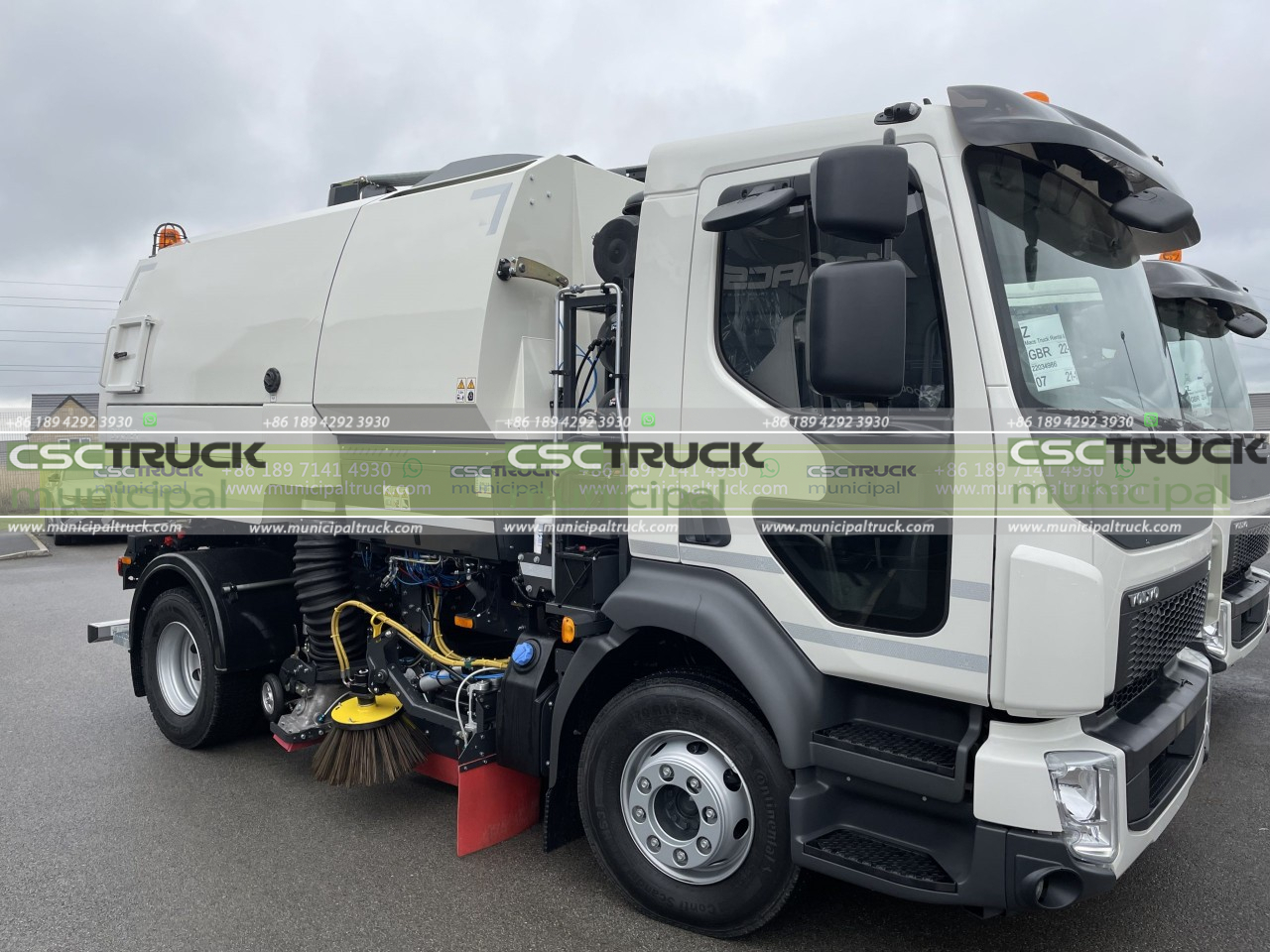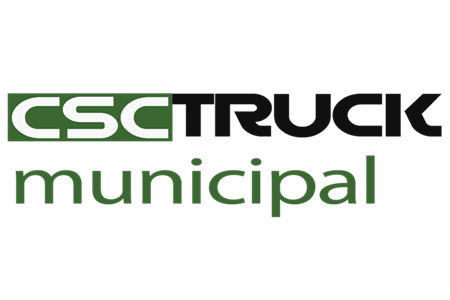Maintaining cleanliness and ensuring a pleasant living environment is crucial in today’s fast-paced world. One aspect of this responsibility lies in efficient waste management and street cleaning. With the increasing urbanization and population growth, cities face mounting challenges in keeping their streets clean and debris-free. In response, innovative solutions have emerged, and small sweeper trucks have become a compact cleaning power on the move. These nimble vehicles are transforming the way cities approach street cleaning, offering efficiency, versatility, and environmental sustainability.
Traditionally, large street sweepers were the go-to choice for urban cleaning, but they came with limitations. Their size made maneuvering through narrow streets and congested areas challenging, resulting in incomplete cleaning and wasted time. This led to the development of small sweeper trucks that combine mobility, agility, and cleaning power in a compact package. These vehicles, equipped with advanced cleaning technology, have revolutionized the way cities address their cleanliness needs.
One of the primary advantages of small sweeper trucks is their maneuverability. With compact dimensions and agile handling, these vehicles can navigate tight corners, narrow alleys, and congested streets with ease. This ability allows them to reach areas inaccessible to their larger counterparts, ensuring a more thorough cleaning process. Whether it’s sweeping debris from crowded residential areas or collecting leaves from tree-lined avenues, small sweeper trucks excel in accessing hard-to-reach spaces, enhancing the overall cleanliness of the city.

Efficiency is another key attribute of small sweeper trucks. Equipped with cutting-edge technology, such as high-pressure water jets, powerful suction systems, and efficient filtration mechanisms, these vehicles deliver outstanding cleaning results. The high-pressure water jets dislodge stubborn dirt and grime, while the suction systems swiftly collect the loosened debris, leaving the streets spotless. Moreover, the advanced filtration systems ensure that the air released from the vehicle is clean and free from pollutants, contributing to a healthier environment for both residents and cleaning crews.
Small sweeper trucks also contribute to environmental sustainability, an essential factor in modern cleaning practices. Many of these vehicles are designed to be eco-friendly, employing alternative fuels like natural gas or electric power. Reducing emissions and noise levels mitigates the environmental impact typically associated with cleaning operations. Furthermore, their compact size and efficient cleaning techniques lead to reduced water consumption and fewer cleaning cycles, conserving valuable resources and lowering overall operational costs.
The versatility of small sweeper trucks is another noteworthy aspect. These vehicles can be customized and equipped with various attachments and accessories to address specific cleaning requirements. Whether sweeping streets, collecting litter, or removing snow, small sweeper trucks can adapt to different seasonal and environmental demands. This adaptability ensures that cities can maintain cleanliness and hygiene throughout the year, regardless of the prevailing conditions.

In addition to their practical benefits, small sweeper trucks also have a positive economic impact. Due to their compact size, these vehicles require less storage space and are more cost-effective to maintain than their larger counterparts. They consume less fuel, resulting in reduced operating expenses for municipalities. Furthermore, their increased efficiency translates into shorter cleaning cycles, allowing cleaning crews to cover more ground in less time. This optimized workflow leads to increased productivity and cost savings for the city authorities.
Implementing small sweeper trucks in various cities worldwide has yielded impressive results. Communities that have embraced these compact cleaning powerhouses have witnessed cleaner streets, improved sanitation, and enhanced overall livability. The efficient and thorough cleaning provided by these vehicles contributes to a sense of pride among residents and fosters a positive image of the city.
As technology continues to evolve, small sweeper trucks are expected to become even more advanced. Advancements in automation and artificial intelligence could further streamline the cleaning process, optimizing resource utilization and minimizing human intervention.

These innovations could include automated route planning, sensor-based detection of debris and litter, and autonomous operation, allowing small sweeper trucks to function independently and efficiently.
Furthermore, the integration of smart city initiatives with small sweeper trucks holds immense potential. By leveraging data and connectivity, these vehicles can be part of a larger network that optimizes cleaning schedules based on real-time data, such as weather conditions, foot traffic patterns, and event schedules. This intelligent approach ensures that cleaning efforts are targeted and prioritized, maximizing efficiency and minimizing disruptions to city life.
Small sweeper trucks are not only limited to urban settings. They can also be valuable assets in other environments such as industrial complexes, parking lots, and recreational areas. Their compact size enables them to navigate through tight spaces, effectively removing dirt, debris, and potentially hazardous materials. Whether it’s cleaning up after a construction project or maintaining the cleanliness of a park, these versatile vehicles can adapt to diverse cleaning needs.

It’s worth noting that the effectiveness of small sweeper trucks also relies on proper training and maintenance. Operators must receive comprehensive training on operating the vehicle, handling the cleaning equipment, and adhering to safety protocols. Regular maintenance and inspections are essential to ensure that the vehicles perform optimally and deliver consistent results. By investing in training and maintenance programs, cities can maximize the benefits of small sweeper trucks and prolong their lifespan, resulting in a more sustainable and cost-effective cleaning solution.
In conclusion, small sweeper trucks have emerged as a compact cleaning power, revolutionizing the way cities maintain cleanliness and hygiene. With their maneuverability, efficiency, versatility, and environmental sustainability, these vehicles have become indispensable tools in urban cleaning operations. They can access hard-to-reach areas, deliver thorough cleaning results, and adapt to different cleaning requirements. Moreover, small sweeper trucks offer economic benefits through reduced operational costs and increased productivity. As technology continues to advance, these vehicles will become even more sophisticated, integrating automation and smart city initiatives. By embracing small sweeper trucks, cities can enhance their cleanliness, improve the quality of life for residents, and showcase their commitment to a cleaner and more sustainable future.

Contact us for this municipal truck or similar trucks: [email protected] Call us or What's APP us: +86 189 4292 3930







